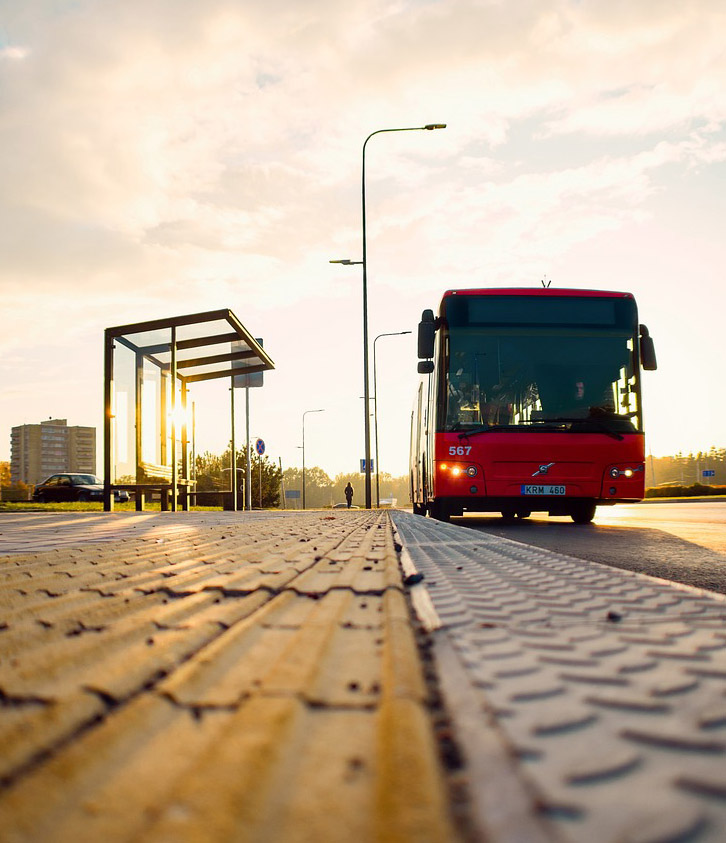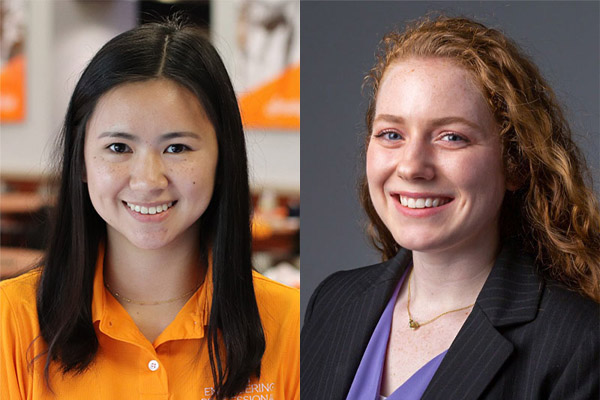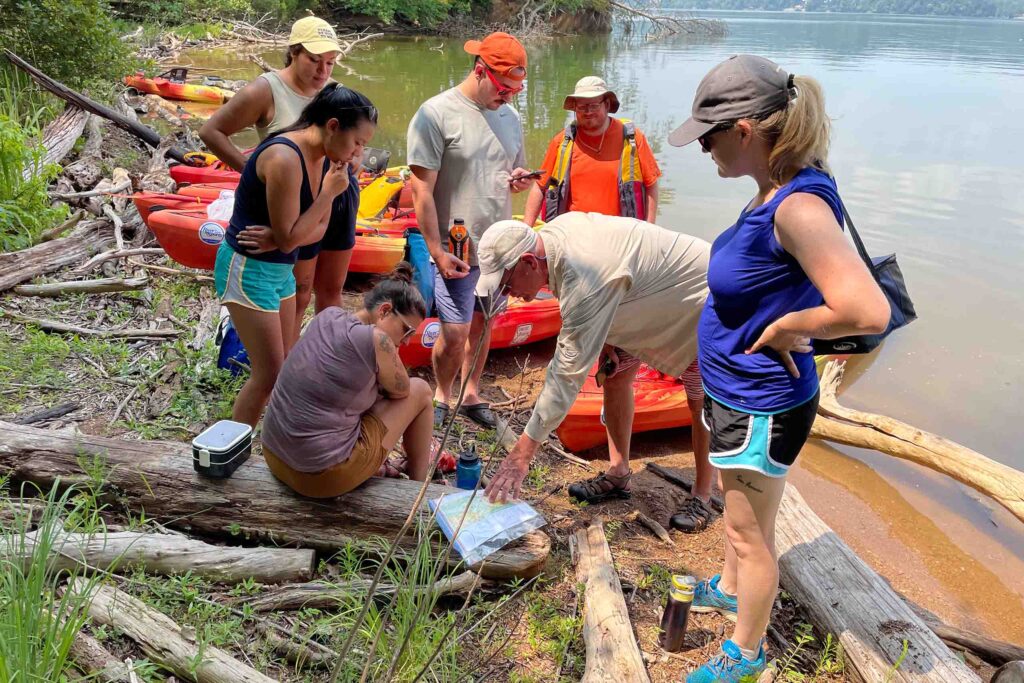MOVING PEOPLE AND GOODS
Expanding opportunities for communities and economies to thrive

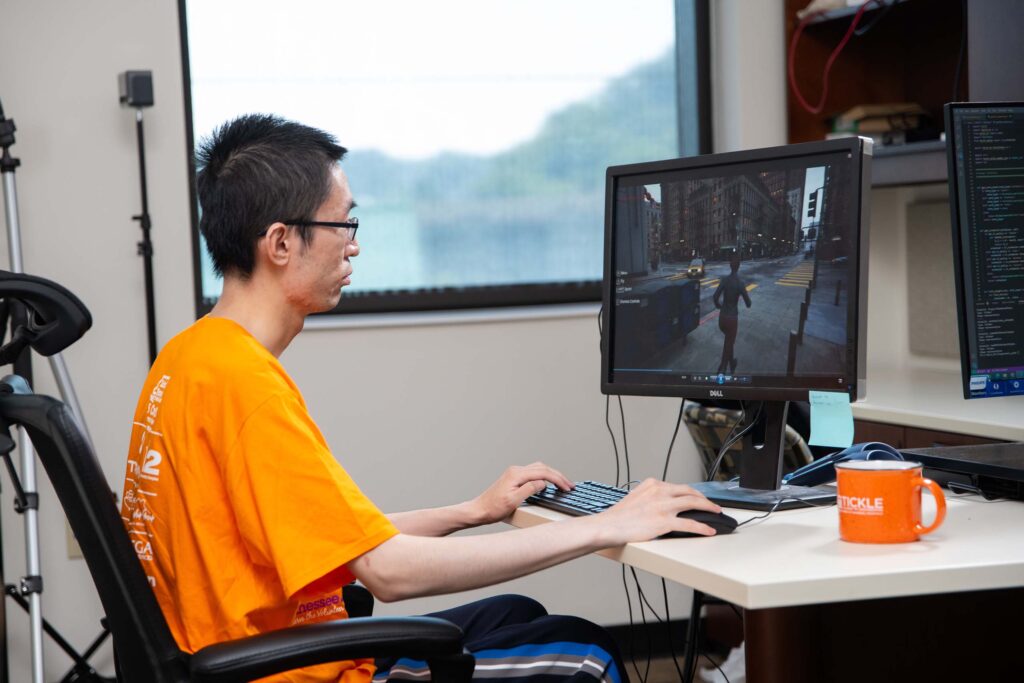
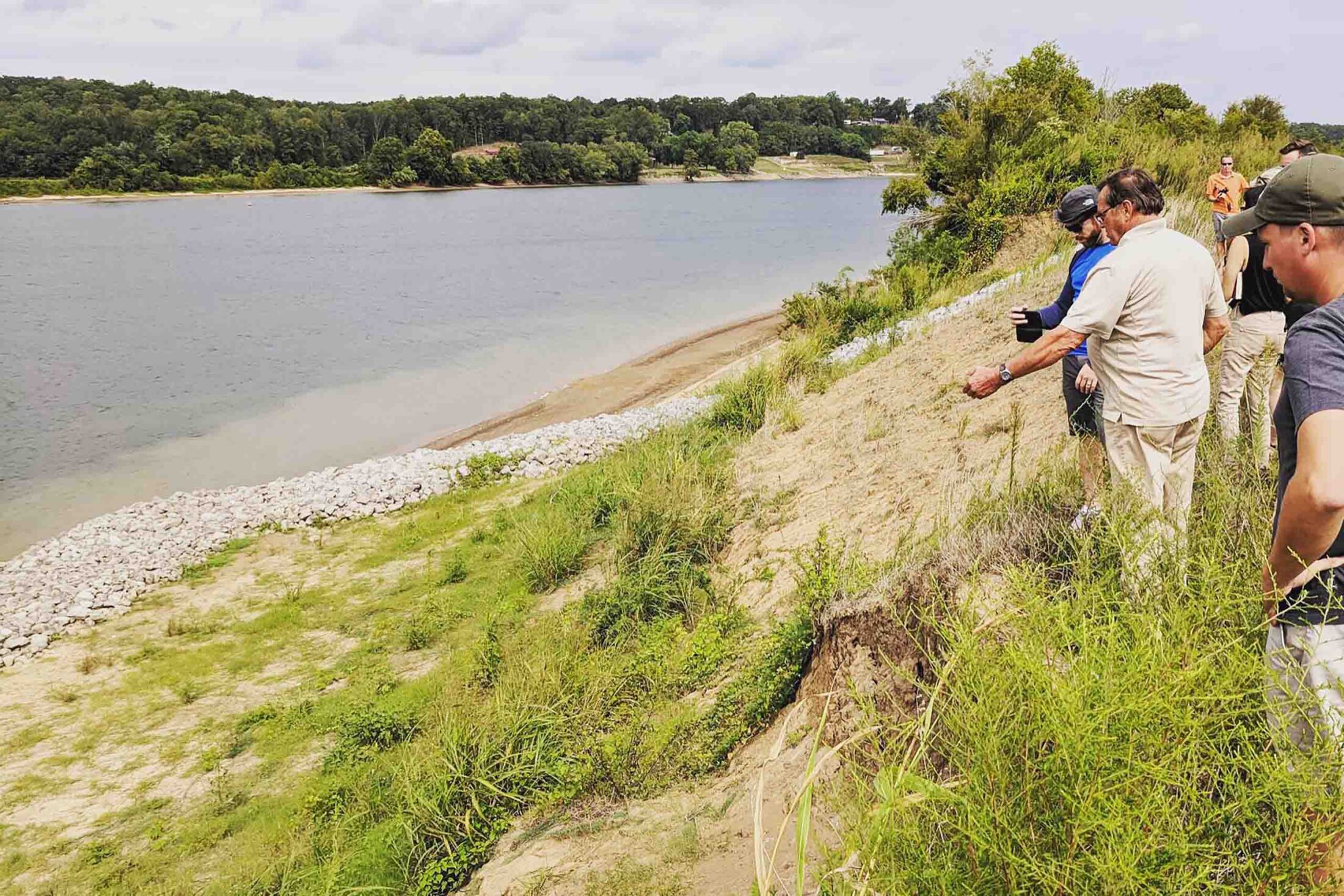
Mobility is the vital connection between people, businesses, and the goods and services that enable modern life. But what does it take to get from Point A to Point B quickly, safely, reliably, and economically? UT researchers collaborate with nonprofits, public transit agencies, the US Department of Transportation, and Fortune 500 companies to answer this complex question.
Our applied research paves the way to improve safety, economic opportunity, and environmental impacts across urban, suburban, and rural areas.

UT’s Approach
Mobility directly impacts quality of life for individuals and communities. We seek to understand and inform equitable, cost-effective, and sustainable mobility policies and everyday choices. Public transportation and micromobility are key focal areas; themes include representing latent transportation demand in underserved communities, studying the impacts of new transit tools and technologies like transit ticketing apps, analyzing the equity of public transportation services, and evaluating micromobility purchase incentives. Faculty also conduct cutting-edge safety research related to micromobility options, pedestrian infrastructure, and connected and automated vehicles.
We seek to improve freight transportation as well. This backbone of the US economy is a significant source of greenhouse gas emissions, yet freight logistics and supply chains are vulnerable to acute climate-related disruptions. UT researchers tackle those interconnected challenges from multiple angles, from emerging last-mile delivery technologies to nationwide intermodal logistics.
Researchers affiliated with UT’s Center for Transportation Research, for example, are leading a multi-institutional effort to develop a cognitive digital twin for the entire US intermodal transportation network. Funded by the US Department of Energy’s Advanced Research Projects Agency-Energy, the project will enable transportation decision-makers to prioritize for time, cost, and emissions with a clear understanding of tradeoffs. UT leads the multi-institutional Center for Freight Transportation for Efficient and Resilient Supply Chain, a US Department of Transportation National University Transportation Center focused on improving mobility of people and goods. UT’s highly ranked graduate supply chain programs are a hub for relevant thought leadership, talent development, and research.
“The challenge we’ve accepted in our ARPA-E project is developing a solution that will cover the entire country: millions and millions of tons of goods, many companies and ways to plan logistics, across rail, water, and roads. To make the greatest impact, we will translate our research into working prototypes available to industry partners and government agencies.”
—Xueping Li, Dan Doulet Faculty Fellow and Professor, Industrial & Systems Engineering
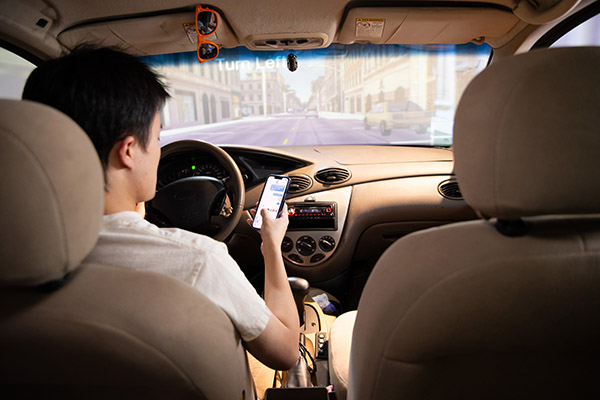


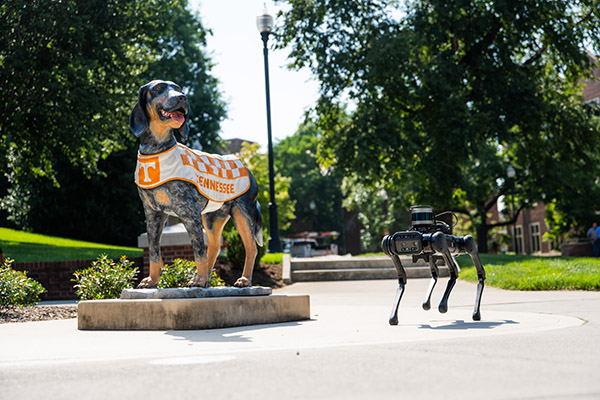
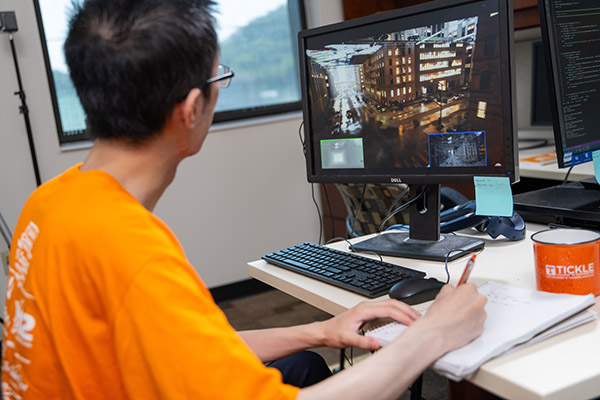
Highlights

Our Researchers
-

Department Head & Niedert Professor of Supply Chain Management
Logistics and supply chain management, vehicle routing, facility location selection, hazardous material transportation, and supply chain strategy and risk
-
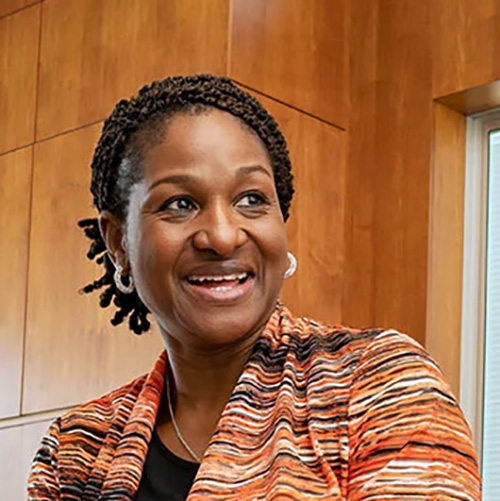
Ryder Professor, Supply Chain Management
Third-party logistics and transportation outsourcing, transportation policy, business-to-government interactions and SCM’s broad implications for multiple stakeholders and for society
-

Associate Professor, Civil & Environmental Engineering
Public transit and micromobility
-

Professor, Civil & Environmental Engineering
Micromobility, safety, sustainability, travel behavior
-

Director, Tennessee RiverLine; Professor, Plant Sciences
Landscape performance, specifically watershed stewardship through low impact development, and sustainable planning and design
-

Associate Professor, Social Work
Emerging transportation technologies, electric vehicles, autonomous vehicles, transportation equity, modeling latent travel demand, smart mobility
-

Dee & Jimmy Haslam Chair in Logistics
Logistics strategy, supply chain integration, theory and practice of lean and agile supply chain strategies
-

Professor, Civil & Environmental Engineering
Traffic engineering, application of advanced technologies to transportation, intelligent transportation systems (ITS), system modeling and simulations, traffic flow theory, traffic operations, transportation data and information systems, emergency evacuation and management, crash records and analysis, transportation logistics, operations research, 3D visualizations
-

Department Head & John D. Tickle Professor, Industrial & Systems Engineering
Logistics, transportation, supply chain management, operations research and data analytics
-
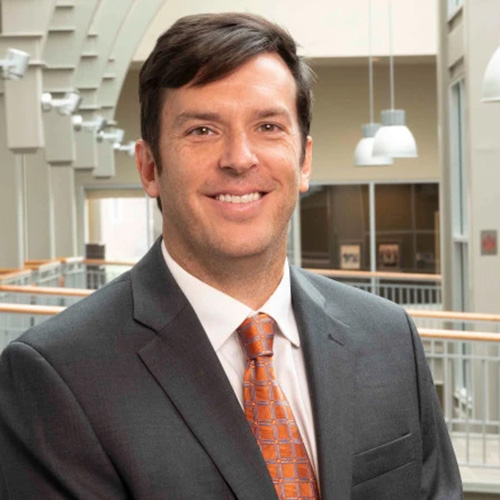
Assistant Professor, Supply Chain Management
Supply chain policy, transportation sustainability and safety, market dynamics and governance structures in the transportation industry



